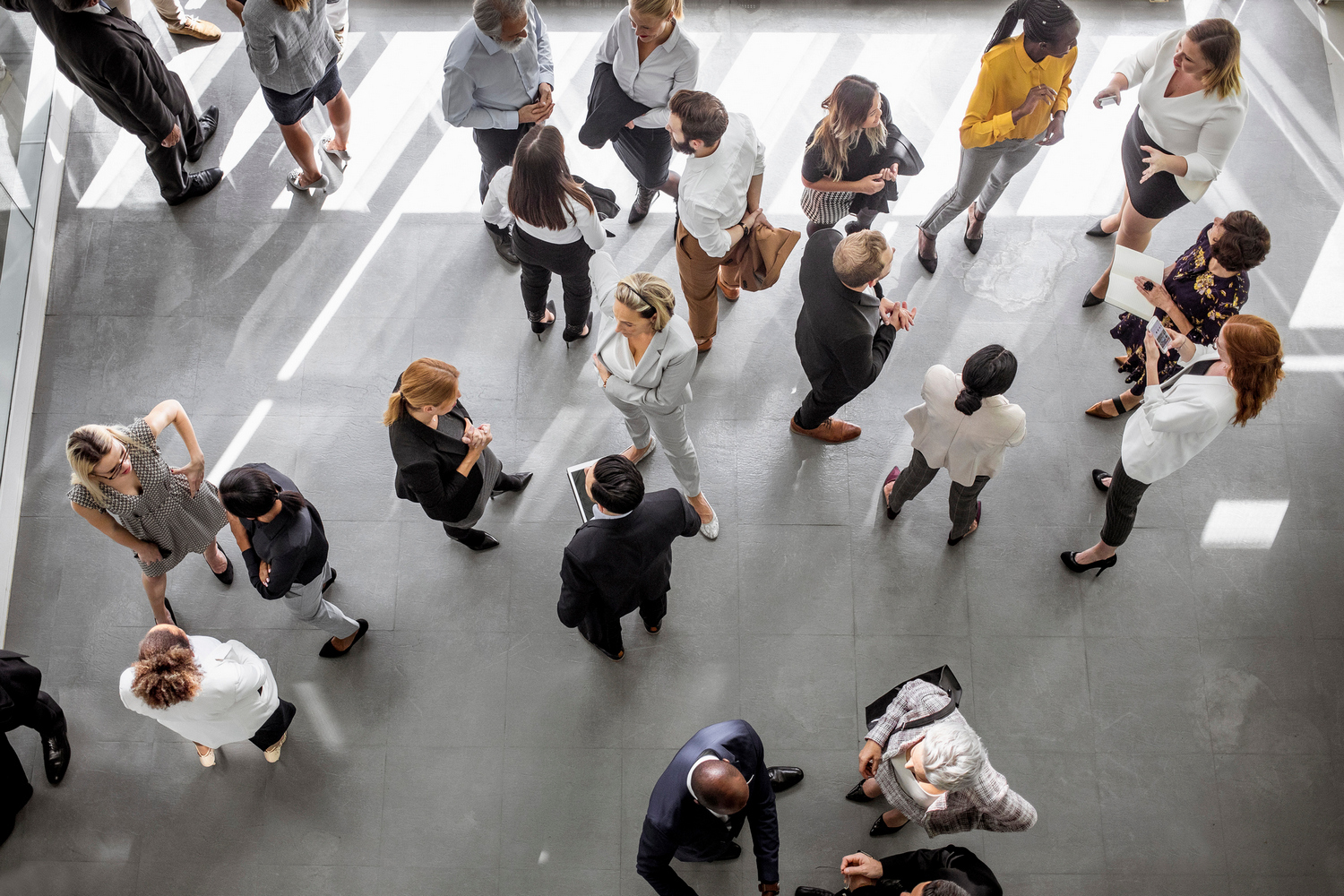In an increasingly politically polarized social environment, companies are more frequently engaging in politically and socially controversial issues, including gun control, LGTBQ issues, climate change, and racial equality. Such engagement may serve as a meaningful signal of company culture for current or prospective workers who support such values, but could alienate those with differing viewpoints. This raises an important question: What are the consequences of employers making socio-political statements?
Following the June 24, 2022, Dobbs v. Jackson Supreme Court ruling, which overturned the federal right to abortion established in Roe v. Wade, hundreds of employers publicly announced policies covering out-of-state travel for abortions and related care. In a new IZA discussion paper, Pawel Adrjan, Svenja Gudell, Emily Nix, Allison Shrivastava, Jason Sockin and Evan Starr examine the labor market implications of these announcements.
After developing a comprehensive list of the companies that made these public declarations, the authors asked how employees and job seekers reacted by studying the evolution of reviews on Glassdoor, focusing on 6.5 million reviews submitted from 2019 through the first half of 2023, as well as 3 billion job seeker clicks on Indeed during this period.
To estimate the impact these announcements had on employees, the researchers compared changes in job satisfaction within companies that made these announcements versus companies that did not. To ensure the non-announcing companies are as comparable as possible, they took each announcing company and identified the top 20 other companies that workers most commonly click on during a search session on Indeed. As an example, for the company Starbucks, the set of similar employers contained a number of fast-food service chains, but also retail stores.
More clicks on job postings
According to the analysis of the Indeed data, firms that announced supportive reproductive care policies saw an 8% increase in clicks on their job postings compared to similar jobs at similar employers that made no announcement. Because trends were similar for both groups of employers prior to the Dobbs decision, but diverged immediately afterwards, findings are attributable to these public announcements of support themselves. Higher job seeker interest was concentrated in Democratic-leaning states and in typically female-dominated jobs in states where abortion became illegal after Dobbs.
Given that employee sentiment is a strong predictor of turnover, job satisfaction is another key outcome for companies to care about. If sentiment improves following these public statements, then retention within the company might be expected to improve as well. If, however, workers respond adversely to their companies taking a strong socio-political stance, then this could be a precursor to existing employees leaving the company.
Lower employee satisfaction
The analysis of the Glassdoor data focuses on the 1-5 star ratings workers provide about senior management and culture. Directly after the announcements, there is a sharp and statistically significant decline of about 0.2 stars in employee satisfaction with management and culture for these companies that persists well into the post-announcement period.
This translates to an 8% decline. Since satisfaction falls, the authors anticipate some employees may leave the company. Indeed, they observe that reviews for announcing employers are 4% more likely to be written by former employees after these announcements.
The increase in dissatisfaction is concentrated among reviews for male-dominated jobs, suggesting that men dislike these announcements more than women. The free-response text workers write in their reviews provide suggestive evidence that this decline might be driven by misalignment of political views: The word “woke” shows up about 325% more often in the ‘Cons’ section of reviews (where workers detail the negative aspects of their workplaces) for announcing companies compared with those for non-announcing companies.
Higher wages offered
Using wage data from Indeed job postings, the authors also found that pay at firms that did make post-Dobbs announcements increased 4% relative to similar jobs at non-announcing firms, even on top of the potential costs of offering additional healthcare benefits. This wage increase is separate from, and cannot explain, the increased job seeker interest in postings from announcing firms.
The study also revealed that the increase in posted wages among announcing firms was larger at firms that experienced deeper declines in senior management ratings. This suggests, although it does not prove, that at least some companies that made post-Dobbs announcements and received negative feedback from existing employees may have offered bigger raises to offset deteriorating satisfaction with the firm’s political stance.
These findings highlight the challenges employers face when navigating politically polarizing issues. While the announcements caused current employees, especially those in male-dominated jobs, to give their companies lower evaluations, job seekers expressed more interest in working for them, especially those in more Democratic-leaning states. This suggests that even when companies wade into divisive issues, this can help them hire workers whose political views align with those of the company.
For a more detailed summary, see also the Indeed Hiring Lab.

